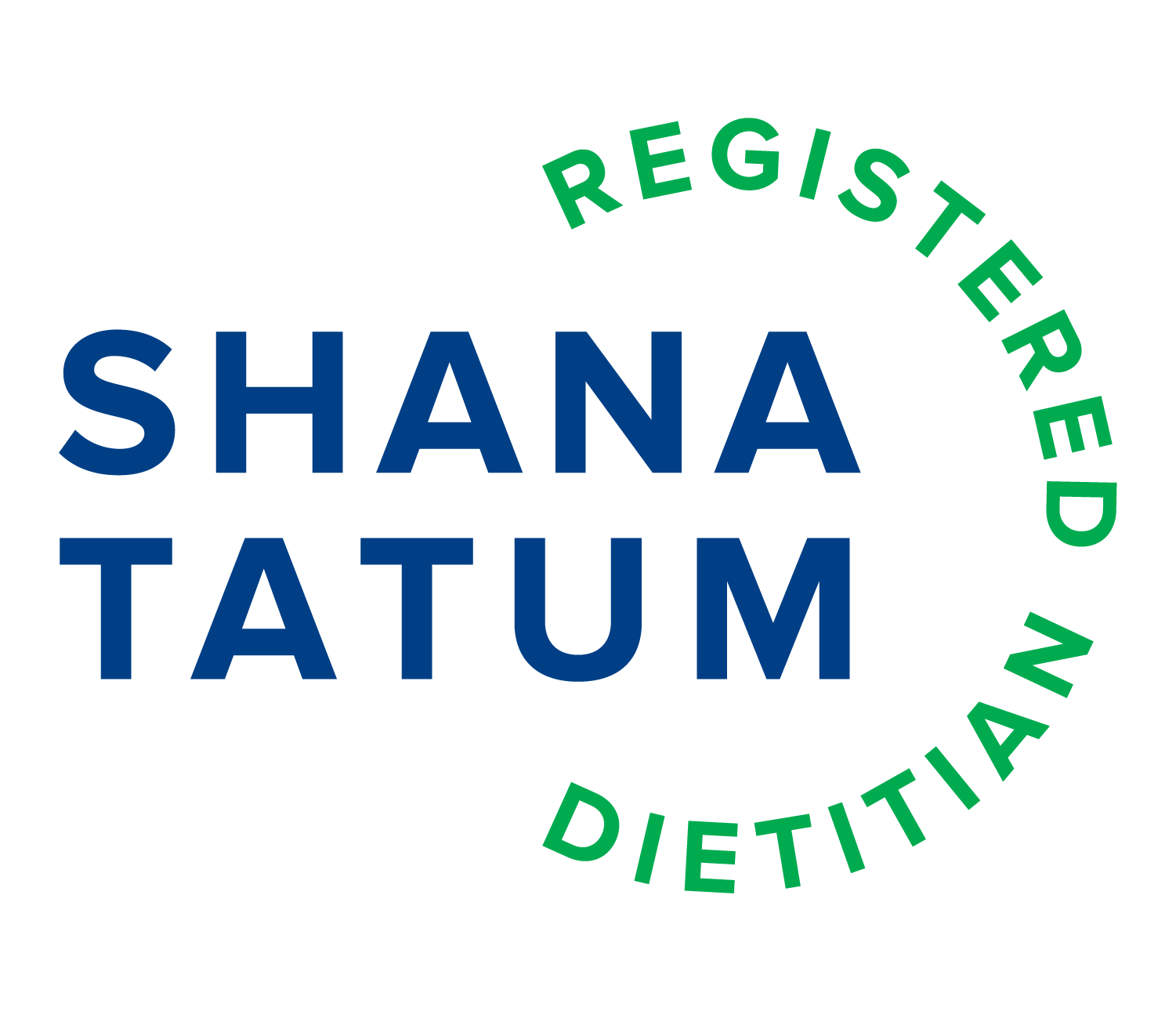SMART Goals
As the New Year begins, we hear so much about resolutions, “New Year, New You”, and how we must make changes, be better and improve. It’s true that a new year brings a marker of a change. But we succumb to the “fresh start effect” that usually begins with a bang but fizzles out as weeks pass by.
New Year’s resolution research from the December 2020 PLOS One journal has shown that when participants had “approach centered goals” compared to “avoidance oriented goals” they had significantly better outcomes. In addition, those that were offered some support also reported improved outcomes.
You may have heard of SMART goals: specific, measurable, attainable, realistic, time-based. These can be useful to help as you identify behavior change.
First, identify your health goal or behavior change - lose weight, eat breakfast, get consistent sleep, or run a 5K. Once you are clear on that, you can break down the steps. It’s important to remember not to focus on restriction, be aware of any critical tendencies, and to remember that change is rarely an all or nothing event. Spending some time on understanding your “why” for the change, can also be quite motivating so don’t skip this step.
Specific: This step is designed to decide and define. The more defined, the clearer you can be with yourself and take the steps to get it done.
I am going to eat one new vegetable each week for four weeks.
I will pack my lunch for work for three days for this next week.
Measurable: To see success and be motivated to continue, we need to be able to measure what we said we wanted to do and what we have completed. Small improvements really count, so don’t overlook these.
I will drink one extra water bottle each day for the next 7 days.
I will do yoga two nights this week after dinner.
Attainable: With the new year, a common mistake I see patients make is to take on too many new changes at once. Be realistic in what you can achieve and be prepared with the right tools to meet your new goals. Don’t forget you can engage help; it is encouraged!
Do you have childcare or a ride to attend that yoga class?
Do you have food containers to pack your lunches?
Realistic: Do you believe you can achieve this goal? We know how powerful the mind can be. There is a balance between what you know you can do and stretching yourself a little. Use that power to your full advantage.
I will reduce my hemoglobin A1C by 2 points in 2 months by walking 15 minutes after lunch and dinner and packing my lunch for work three days a week.
I will learn the warrior pose by practicing yoga 3 times per week for 2 months.
Time based: Define your time frame to achieve your goal. This can be easier if you have an event for which you are preparing, such as a race or a wedding. Choose a date that requires some focus. It can be very motivating to keep a calendar to better prepare for the time needed to reach your goal. Mark off your success as you go.
By March 31, I will be running three miles, three days per week.
By December 31, I will lose 50lbs by reducing carbohydrates to 25% of my calories and exercising four days per week for 30 minutes.
Let the new year bring you some time to focus on what you think is important and how you want to live. Let these SMART goals be your positive next steps in 2022. Happy New Year!
